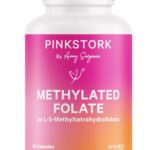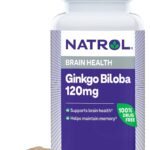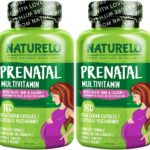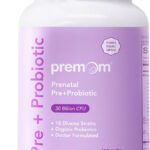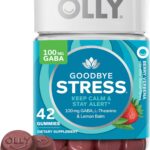Sun-Protected and Smooth: The Ultimate SPF Moisturizer Guide
Understanding the Importance of SPF
As we go about our daily lives, our skin is constantly exposed to the sun’s harmful UV rays, which can cause premature aging, dark spots, and even skin cancer. When it comes to protecting our skin, using a moisturizer with SPF is an essential step in our daily skincare routine. But what exactly is SPF, and how does it work to keep our skin safe from the sun? SPF, or Sun Protection Factor, is a measure of a sunscreen’s ability to filter out UVB rays, which are the primary cause of sunburn and skin damage. A higher SPF number indicates a greater level of protection, but it’s not the only factor to consider when choosing an SPF moisturizer.
The Benefits of SPF Moisturizers
Using a moisturizer with SPF has numerous benefits for our skin. Not only does it provide protection from the sun, but it also helps to hydrate and nourish our skin, leaving it feeling soft, smooth, and supple. SPF moisturizers can also help to reduce the appearance of fine lines and wrinkles, and can even help to prevent skin discoloration and hyperpigmentation. Additionally, many SPF moisturizers contain antioxidants and other beneficial ingredients that help to combat free radicals and promote overall skin health.
Choosing the Right SPF Moisturizer
When it comes to choosing an SPF moisturizer, there are several factors to consider. First and foremost, look for a moisturizer that contains a broad-spectrum sunscreen, which provides protection against both UVA and UVB rays. Next, consider the level of SPF you need, which depends on your skin type, tone, and the amount of time you spend in the sun. If you have fair skin, you may want to opt for a moisturizer with a higher SPF number, such as SPF 50 or higher. For those with darker skin, a moisturizer with SPF 30 or lower may be sufficient.
Different Types of SPF Moisturizers
There are several types of SPF moisturizers available, each with its own unique benefits and characteristics. Physical sunscreens contain zinc oxide or titanium dioxide, which create a physical barrier on the skin’s surface to block UV rays. Chemical sunscreens, on the other hand, contain ingredients such as oxybenzone and avobenzone, which absorb UV rays and convert them into heat, which is then released from the skin. Mineral-based sunscreens are a popular choice, as they are gentle and non-comedogenic, making them suitable for sensitive skin.
The Top SPF Moisturizers
When it comes to choosing the best SPF moisturizer, there are many great options available. For those with dry skin, a moisturizer like Neutrogena Hydrating Facial Moisturizer with SPF 50 is a great choice. For those with oily skin, a lightweight moisturizer like EltaMD UV Clear Broad-Spectrum SPF 46 is a good option. For those with sensitive skin, a fragrance-free moisturizer like Cetaphil Moisturizing Cream with SPF 50 is a great choice.
Additional Tips for Sun Protection
In addition to using an SPF moisturizer, there are several other steps you can take to protect your skin from the sun. First and foremost, seek shade, especially during peak sun hours. Next, wear protective clothing, such as a wide-brimmed hat and sunglasses. Finally, reapply your SPF moisturizer every two hours, or immediately after swimming or sweating. By following these tips and using an SPF moisturizer, you can help to keep your skin safe from the sun and enjoy a healthy, radiant complexion for years to come.
Conclusion
In conclusion, using an SPF moisturizer is an essential step in our daily skincare routine. Not only does it provide protection from the sun, but it also helps to hydrate and nourish our skin, leaving it feeling soft, smooth, and supple. By choosing the right SPF moisturizer and following additional sun protection tips, you can help to keep your skin safe from the sun and enjoy a healthy, radiant complexion for years to come.


